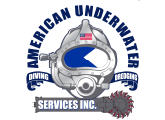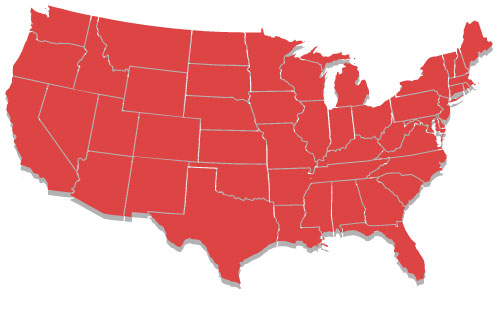Winter is coming; are your ponds ready?
In a few short weeks, cold, wet weather and snow will set in in many parts of the country. Ponds and other artificial bodies of water will form a top-level sheet of ice (at least) or lose most of their vegetation during the annual winter fauna die-off.
While many golf courses and HOAs will let nature take her course during the winter season, neglecting maintenance and upkeep can have potentially negative consequences.
This is especially true in climates with frigid winters. Freezing temperatures can wreak havoc on a pond and the various life support systems (e.g., pumps and automatic feeders) that help keep it operational.
If you’d rather not face a maintenance headache in the spring of 2019 when things start to thaw out, we’ve come up with a few tips that you can do to keep your pond looking healthy and clean.
Remove Leave Debris
By now, the area around your pond has experienced a couple of pre-winter storms, and the trees have lost almost all their leaves. While it’s impractical to have a maintenance crew rake an entire golf course, the leaves must be cleaned up around the water’s edge.
The organic leaf matter will eventually blow into the water as more storms come and the winds blow. Once wet, the leaf will become waterlogged and sink to the bottom of the pond. There is no oxygen at these depths, which means beneficial bacteria can’t eat it and begin the process of breaking down the organic matter.
As winter turns into spring and the big thaw starts, many ponds will experience a massive algae bloom on the first warm day of the season. When the sun combines with nutrient-rich waters (fed by decaying organic matter at the bottom of the pond), it doesn’t take much for nuisance algae blooms to take hold.
The more you rake and clean now, the less you’ll have to dredge in the future. Each leaf that falls into the water and makes its way to the bottom of the pond will stay there for many months, leeching rich nutrients into the water that will support nuisance algae outbreaks.
Turn off Mechanical Equipment
If you live in a part of the country where temperatures dip below freezing, now is the time to turn off any pumps or pipes that move water through the pond.
Many states call professional companies to blow air into irrigation lines to remove drops of water that would otherwise freeze, expand, and cause costly damage.
If the pond has a biological filter, try to keep a steady trickle of water flowing over it. This filter will help the pond get a head start when the temperatures warm up. If you plan on keeping a filter running through the winter months, take precautions to avoid water freezing in the lines or machinery.
Remove Dying Plant Foliage
If you’re fortunate enough to have a few days when the weather isn’t too cold, send maintenance guys to pick off the dead and dying plant foliage that clutters the shoreline.
While it may seem more straightforward to let it fall into the water and nature take its course, the organic matter will remain on the bottom of your pond and become a real buffet table for all sorts of nuisance plants and algae.
Fish Considerations
Most species of fish are well-equipped to survive freezing water temperatures and a lack of food. Their metabolism automatically slows down at this time of year, so they don’t require many nutrients to stay alive.
However, once the temps drop below the low 40s, it’s time to stop feeding the fish until springtime. If the pond is frozen, adding a floating deicer to the water is best. A floating deicer will help facilitate the exchange of gases between the water and the air and promote a less stagnant pond. Fish and other aquatic wildlife will thank you.
Pond Dredging
Suppose your pond suddenly gets algae outbreak after algae outbreak when the warm weather starts to return. In that case, you will need to dredge it. As artificial bodies of water age, they accumulate organic sediment that falls to the bottom and becomes a massive ball of food for nuisance plants and algae.
Once the weather starts to warm, call the American Underwater Services professionals at (817) 377-8512. Our expert dredgers can travel to any state from our home base in Fort Worth, Texas, to dredge your ponds and renew their lease on life!


